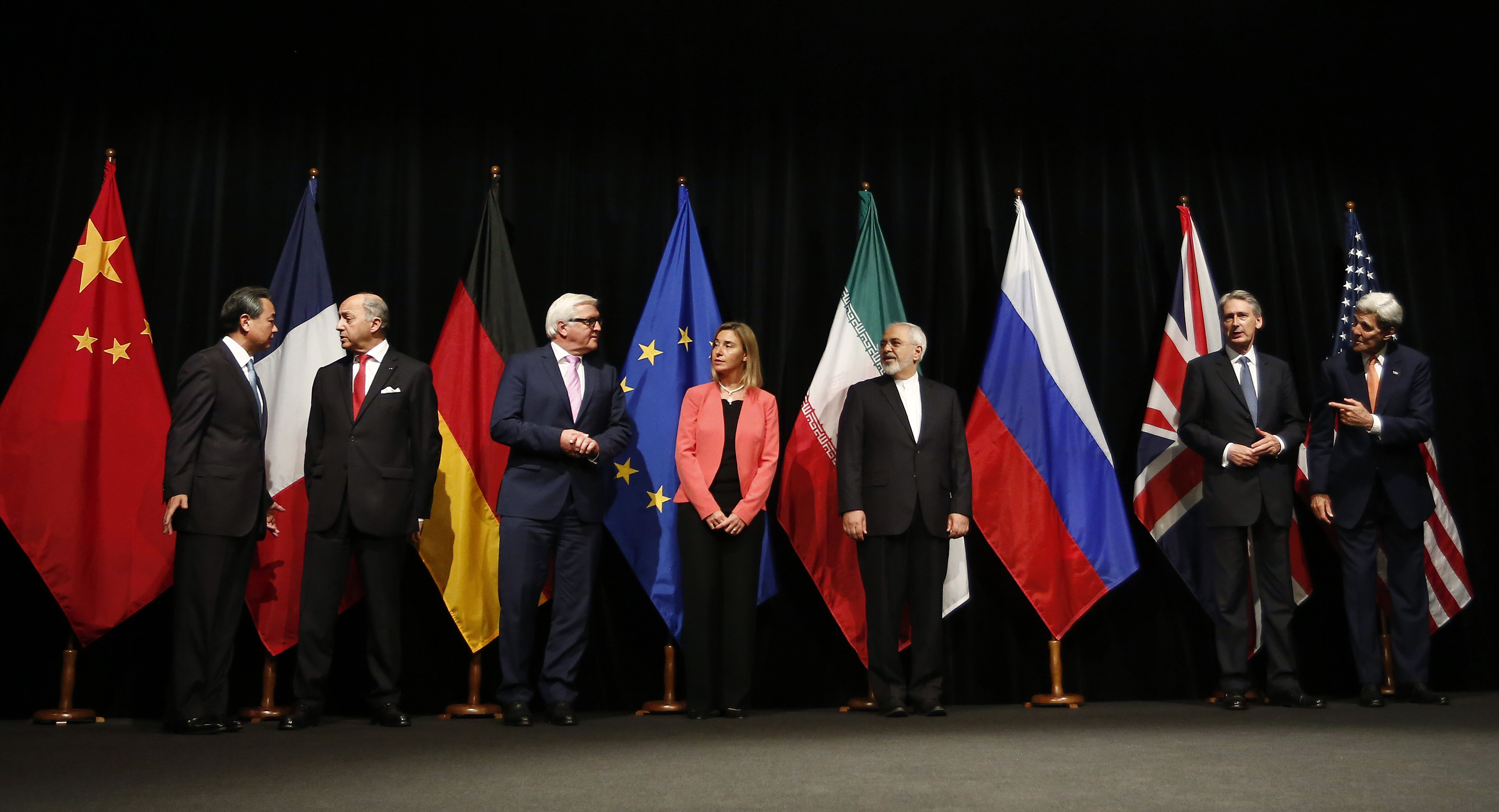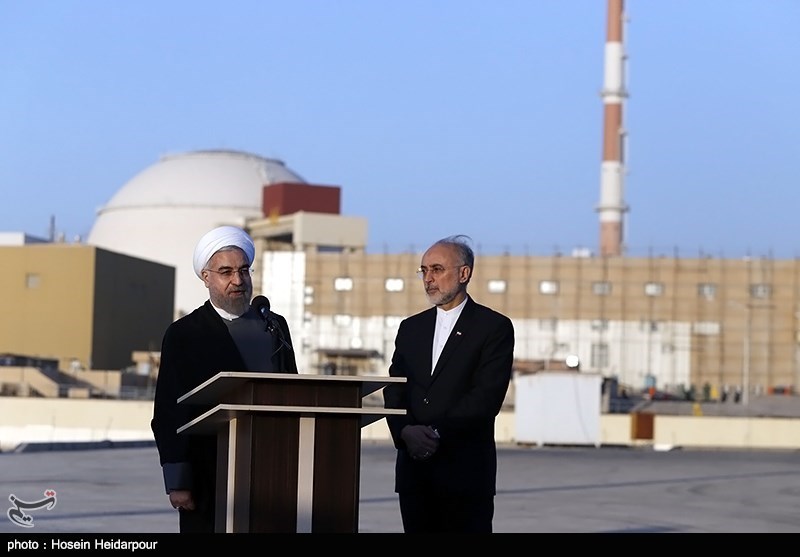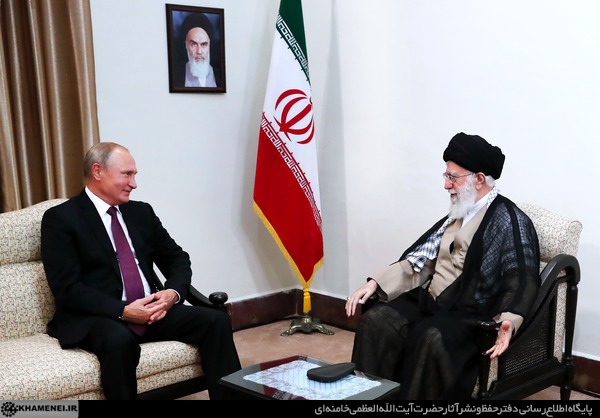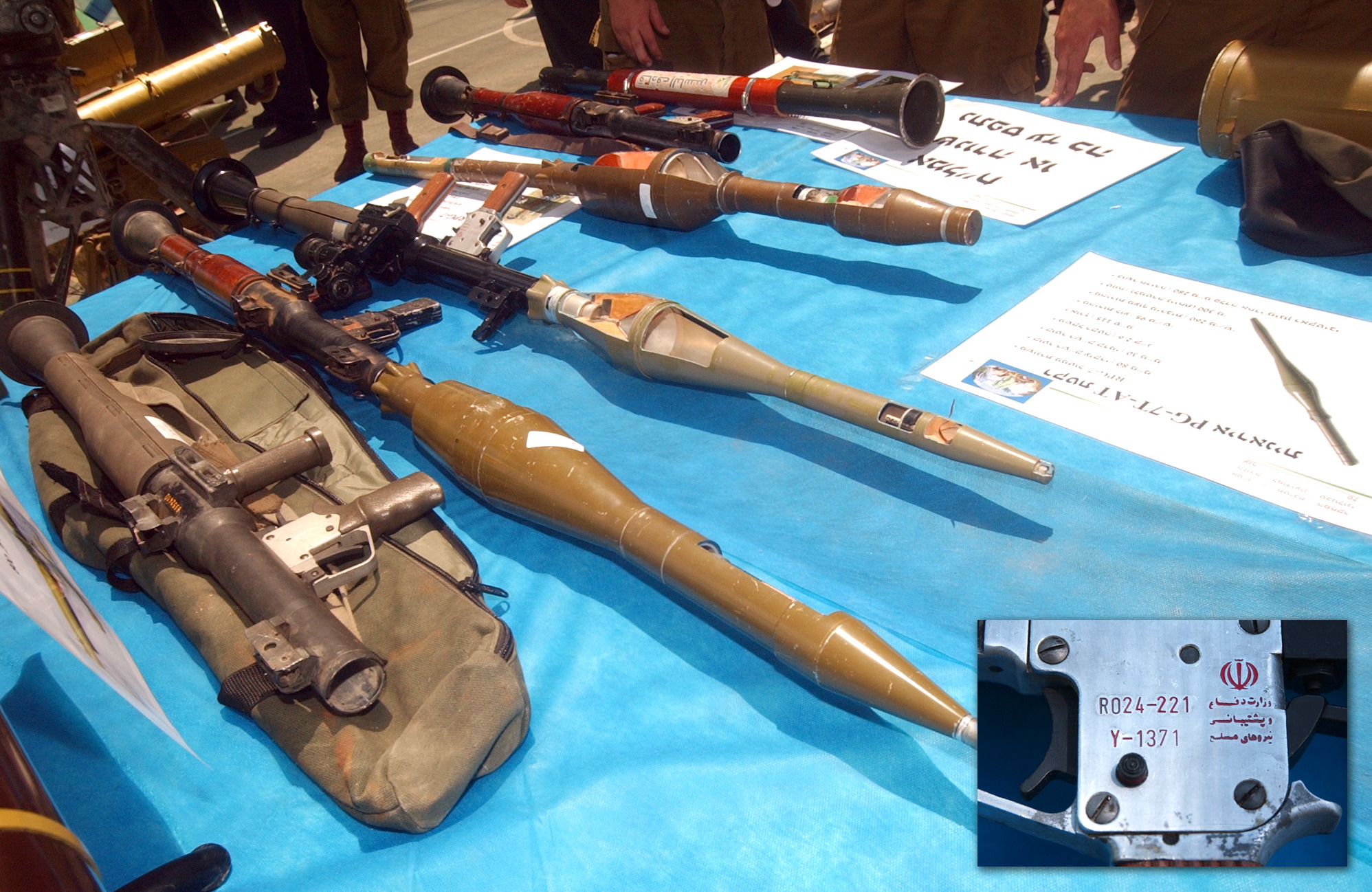The Nuclear Elephant in the Room
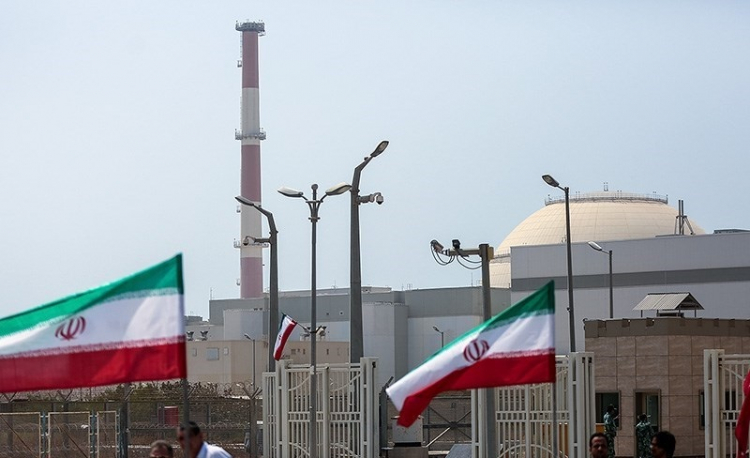
Since the events of Hiroshima and Nagasaki in 1945, nothing seems to turn more heads in international affairs than talk of a nuclear threat. Something Russian President Vladimir Putin so aptly demonstrated through his recent threats to employ a nuclear weapon in his war on Ukraine. And while many across the globe stir, their anticipative gaze fixed on the embattled nation, it is all too easy to allow the battle cries and explosions in Ukraine to drown out a similarly dire and dangerous situation: the increasingly unstable nuclear crisis unfolding with Iran.
The Joint Comprehensive Plan of Action (JCPOA)
In 2015, under President Obama, the United States in conjunction with the rest of the permanent members of the UN Security Council (France, the UK, China, and Russia) along with Germany and the rest of the EU block, brokered a deal with Iran in response to their intensifying pursuit of a nuclear weapon. The Joint Comprehensive Plan of Action (JCPOA) as it came to be known, was fashioned as a hurtle aimed at slowing Iran’s development of a nuclear program in exchange for sanctions relief and other aid.
However, under President Trump, the United States, left the agreement in 2018, out of concern that Tehran was not operating in good faith, failing to hold up their end of the agreement, particularly when it came to Iran’s commitments to stop certain uranium enrichment development and their promises to halt their sponsorship and funding of international terror across the region.
Concerns that appear to be well founded after a 2018 Israeli intelligence operation recovered over 100,000 documents secretly hidden and withheld by the Iranian government. These documents detailed Iran’s continued pursuit of a nuclear weapon as well as their progress in achieving this goal prior to the JCPOA, all details which should have been shared but were deliberately withheld from the negotiations. As Sarah Stern, founder and president of the Endowment for Middle East Truth, wrote for Newsweek, “[Mossad] made off with a tremendous cache of documents that clearly indicate that, despite a U.S. intelligence estimate that Iran had ended its work on a nuclear weapon in 2003, the Iranians never stopped working on their nuclear project, and had plans to continue it way beyond the signing of the 2015 agreement.”
Image Credit: Österreichisches Außenministerium https://www.flickr.com/photos/88775815@N04/19067069963
In the wake of the US departure from the agreement, remaining signatories France, Germany, and the UK attempted to establish a new trade compromise, referred to as the INSTEX
(Instrument in Support of Trade Exchanges). However, this had little impact upon Iran’s nuclear weapons development nor its export of terror. The fact remains that the US departure from the JCPOA was but a reaction to the deeper issue: the JCPOA was significantly ineffective in its design and even more so in its execution. It failed to impact Iran’s development of a nuclear program, ripe for weaponization in any major way, it provided no means for a long term solution, granted Iran an immediate infusion of cash requiring relatively little return, and it established no mechanism for curbing Iran’s acts of terror .
Now, as Iran progresses further in its journey toward a nuclear weapon, with a total cache of 3,673.7 kg of enriched uranium, 62.3 kg of which has been enriched to 60% as of October 2022, negotiators from the US, EU, and Iran revisit the situation in an attempt to cobble together a new accord. While many around the globe question what, if anything, could be done to ensure a more effective and durable deal? What new measures should be included for a better chance at a sustainable agreement? and perhaps more importantly, what previous measures should be excluded in order to avoid a similar failure?
Image Credit: Hossein Heidarpour https://www.tasnimnews.com/fa/media/1393/10/23/620112/حضور-رئیس-جمهور-در-نیروگاه-بوشهر
What can be done?
Firstly, both Israel and Saudi Arabia should be allowed some role in the negotiations. Reports indicate both countries actively lobbied for their inclusion in the original JCPOA negotiations, and for good reason. These states will be directly affected if Iran obtains a nuclear weapon, as both lie within the 2000 km range of Iran’s ballistic missiles, and Iran has never been coy with regard to their hostility or intentions toward Israel, Saudi Arabia, and their allies. Hossein Salami, Commander of the Iranian Revolutionary Guard, stated as recently as November 27th 2022, “We are determined to stand against them [US, Israel, and Saudi Arabia]. We will turn this new battle scene, this huge sedition scene, and this world war into a burial ground for America, Israel and their allies,” preceding to highlight Saudi Arabia, France, the United Kingdom, and Germany in particular. Thus, Israel and Saudi Arabia have a large stake in ensuring Iran does not procure a nuclear weapon, as it is clear Tehran harbors few compunctions over putting it to use against them.
Additionally, the burden will ultimately fall to both Israel, Saudi Arabia, and their allies in the region, to uphold and to operate within the confines of whatever agreement is reached, whether they are signatories or not. The reality is, a deal of any kind will have no path forward if these key stakeholders do not stand by it.
Next, Russia should be removed as the lead broker/“go-between”. Not only has Russia’s ongoing war in Ukraine cast the already strenuous relationship between the United States and Russia into turmoil, but concerns have also surfaced regarding their impartiality, citing Russia’s relationship with Iran and their personal agenda. This issue has become so problematic as to prompt some with inside knowledge of the negotiations to speak out. With former US State Department Iran official Gabriel Noronha, going viral in March 2022 reporting, “My former career State Department, NSC, and EU colleagues are so concerned with the concessions being made by Robert Malley [lead US representative appointed by the Biden administration] in Vienna that they’ve allowed me to publish some details of the coming deal in the hopes that Congress will act to stop the capitulation. ‘What’s happening in Vienna is a total disaster’ one warned. The entire negotiations have been filtered and ‘essentially run’ by Russian diplomat Mikhail Ulyanov. The concessions and other misguided policies have led three members of the U.S. negotiating team to leave,” as reported by the New York Sun. Noronha goes on to detail several disturbing ways in which the negotiations have gone awry, largely under the direction of the Russian delegation.
Image Credit: http://farsi.khamenei.ir/photo-album?id=40427
Lastly, permanent bans on uranium enrichment to weaponized levels and the development of ballistic missile technologies should be included with absolutely no sunset provisions. Additionally, all weapons trade embargoes on Iran should remain permanently in effect.
One of the key defects of the original JCPOA is that it acted only as a temporary solution, kicking the proverbial “can down the road” to be dealt with by others later on. This structure is one of the principal contributors to the current situation, as several key provisions loom closer to expiration, with many only intended to last 5-10 years.
Similarly, new permanent bans on the further development of intercontinental ballistic missiles (ICBMs) and cruise missiles are essential. Iran has demonstrated their willingness to employ these missiles against other nations as recently as September 2022, launching an attack on the Kurdish region of neighboring Iraq, killing at least 16 and injuring many more.
It is also imperative for any new agreement to include stringent and continuous embargoes on Iranian arms trading, in particular Iranian arms exports to other nations and groups. This is a vital aspect that should form the crux of any deal with Iran moving forward, as the significant bulk of Hezbollah’s armory is buttressed by Tehran’s largess, as is the war-chest of the Houthis in Yemen who are currently engaged in a bloody campaign against the Saudi-backed Yemeni government. And, as new reports confirm Iran is actively helping to arm the Russian war effort in Ukraine, it has become all the more evident this activity must be addressed and discontinued if any serious deal can hope to be reached.
ImageCredit:https://www.flickr.com/photos/idfonline/4365074171
In the end, it is unclear if any kind of new agreement can be achieved, but what is poignantly certain, is that if any proposal is to have the slightest chance of affecting some form of lasting progress, it must abide by these realities or risk wasting precious time as the nuclear clock ticks ever closer to midnight.

